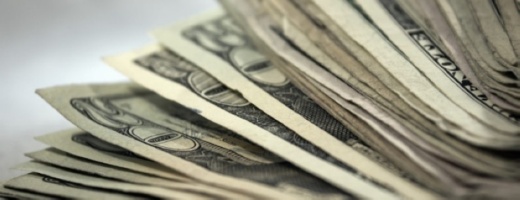The city’s current tax rate is $0.62516 per $100 valuation. If readopted, the average homeowner would pay an additional $62 per year in property taxes. By lowering the tax rate to $0.61516, the average homeowner would pay an additional $34 a year. The move would cost the city $1.8 million in revenue year over year.
“This is a very unique year in the context of our ability to make that $0.01 reduction at a relatively painless revenue cost on the [operations and maintenance] side,” Mayor Paul Voelker said at the Aug. 11 council meeting. “I’d like to think we can offer an average tax rate with superior services, and I think we have a tradition of doing that.”
Lowering the tax rate is good for citizens, but it also benefits the city because it increases its unused increment, which is a rolling sum of the difference between the adopted tax rate and the voter-approval tax rate.
“If we drop [the tax rate] a penny, you add a penny to the unused increment,” City Manager Dan Johnson said.
The voter approval tax rate for Richardson in fiscal year 2021-22 is $0.66356 per $100 home valuation. If adopted, this rate would increase year-over-year revenue by 3.5%, which triggers a taxpayer vote.
By adopting a rate lower than the voter-approval rate, the city continues to bank an unused increment, which translates to tax credits that can be used for up to three years, according to the Texas Comptroller for Public Accounts.
The tax rate debate is part of a larger discussion about the city’s upcoming fiscal year budget, which is set to be approved Aug. 23. The proposed budget is set to include $150.4 million in expenditures, a decrease of $5.4 million or 3.5% year over year. Revenue is expected to to total $149.1 million, an annual shortfall of about $841,000 or 0.6%.
The majority of revenue in the general fund comes from property taxes; however, sales tax, franchise fees and other funding sources are also included. Total property taxes are projected at $69.7 million for the upcoming fiscal year, and sales tax is expected to land at $38.9 million, a decrease of about $5.4 million year over year.
Citizens will have the opportunity to comment on the proposed budget and tax rate at the Aug. 16 and Aug. 23 City Council meetings. For more information on how to submit comments, visit this link.
Editor's Note: A previous version of this story has been amended to provide clarity on the average homeowner impact of lowering the tax rate by one penny.





